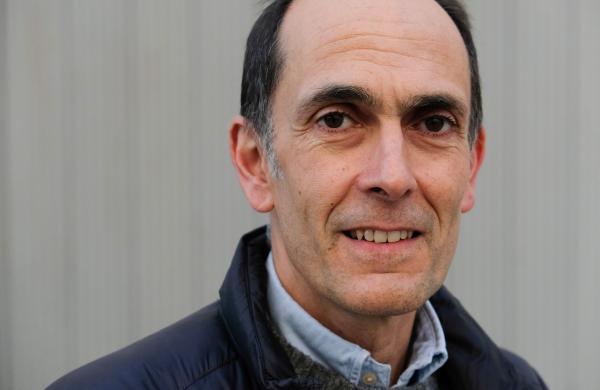Demand surges during the COVID-19 lockdown for a green, disabled delivery service in Spain
By Chris Welsch
Aitor Ojanguren is the founder of Koiki, which employs disabled people to deliver packages in dense European cities. At first the coronavirus crisis caused him to close 80% of his centres. But half of them have reopened, and the demand is overwhelming.
“We are fortunate because e-commerce is booming across Spain, and I guess the rest of the world, so there is a great need for deliveries,” says Aitor, who lives in Madrid. “In the centres that are open, we have a 100% increase in demand, and we’re having a hard time keeping up with our customers’ needs.”
The company’s Koiki Network, with 110 employees in 16 cities in Spain, had been growing rapidly before the pandemic struck. “We had 100% growth in 2019, and expected at least that this year,” he says.
An investment by Repsol Impacto Social, a foundation run by the Spanish oil company, helped the company grow faster, and there are plans to expand to Portugal. Repsol has committed to the goals of the Paris climate agreement and the transition to clean energy. One of Koiki’s founding principles is reducing traffic and pollution by delivering packages on foot and by bicycle.
Koiki is a past winner of the EIB Institute’s Social Innovation Tournament, which supports entrepreneurs who are making an impact on social, ethical or environmental issues.

Aitor Ojanguren, the founder of Koiki, says demand has doubled and things will never be the same for his delivery business.
Integrating disabled people into the city
Aitor founded the company in 2014, because he saw a need for local deliveries in Europe’s crowded cities and an opportunity to give disabled people jobs while integrating them into their communities. Neighbourhood delivery centres, he believed, could provide a personal service rarely offered by big operators — like deliveries that suit the customer’s schedule and use the same delivery person.
Koiki works with public and private organisations that provide support for disabled people. Koiki partners with these social entities to find and hire the delivery people and provides them with a phone app that reads bar codes and tracks and confirms the delivery of parcels.
Because many of Koiki’s employees are disabled and living in group homes, the organisations supporting them are being extremely cautious during the pandemic. A large number of Aitor’s normal deliverers are staying home. This is why Aitor initially had to close so many of his centres. He’s using bicycle delivery services to bridge the gap until his regular employees return.
Aitor believes things will never be the same for his business. “We have double the demand for delivery. E -commerce is one of the few segments of the economy growing right now,” he says. “Many people who had never bought online before are now buying online, and they’re not going to stop after the crisis is over.”